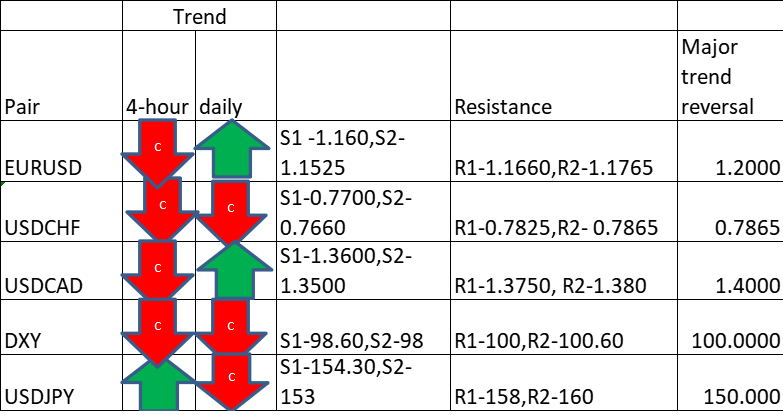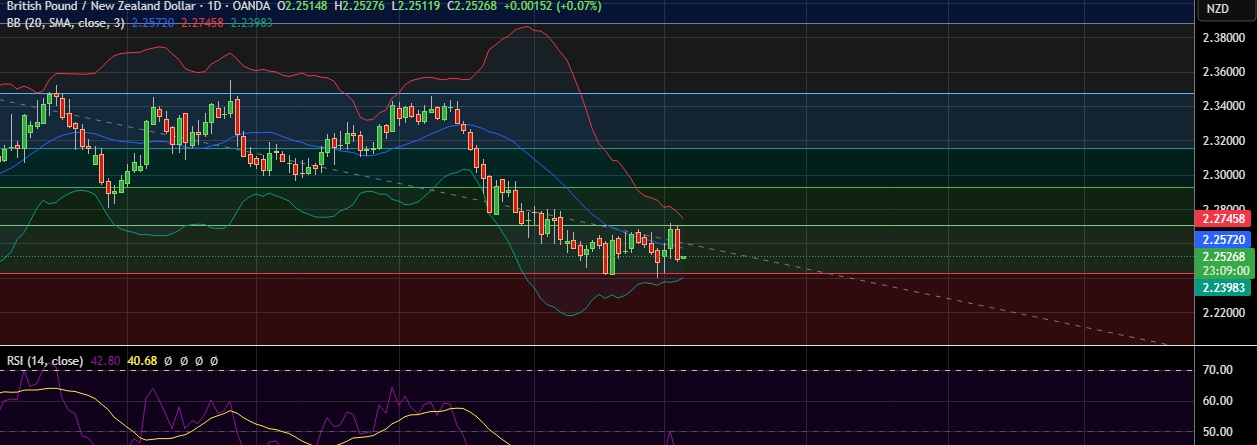
Mariachiara Di Cesare
Professor in Population Studies and Global Health, University of Essex
Professor Di Cesare has interdisciplinary work experience in both academia and international organisations. Her research in population health uses and integrates concepts, data and methods from demography, epidemiology, statistics, and social science.
Her work has focused on the epidemiology and public health of obesity and undernutrition, the role of early nutrition on child development, whether, and how much, changes in metabolic risk factors have contributed to the decline in cardiovascular mortality, and the extent of within and between countries inequalities in non‐communicable diseases mortality and associated risk factors.
Her work is influencing policy worldwide and she has contributed to the scientific response to COVID-19 by looking at novel approaches to identifying outbreaks using wastewater based epidemiology, excess mortality, and the overall response to the COVID-19 pandemic.
Chiara's research on global trends in obesity is used by the World Health Organisation (Global Health Observatory) as official estimates and is used to inform policies. In 2018 she led the successful application to the WHO Essential Medicine List for the inclusion of non-vitamin K anticoagulants for the treatment of atrial fibrillation to prevent stroke. She is currently a member of the core team of the Independent Expert Group of the Global Nutrition Report and a member of the World Heart Federation Observatory Advisory Group.
Chiara is an honorary research fellow at Imperial College London and an honorary professor at Middlesex University.
Poliovirus found in wastewater in Spain, Germany and Poland – what you need to know
Dec 12, 2024 02:47 am UTC| Health
In 1988, the World Health Organization (WHO) called for the global eradication of polio. Within a decade, one of the three poliovirus strains was already virtually eradicated meaning a permanent reduction of the disease...
- Market Data








































